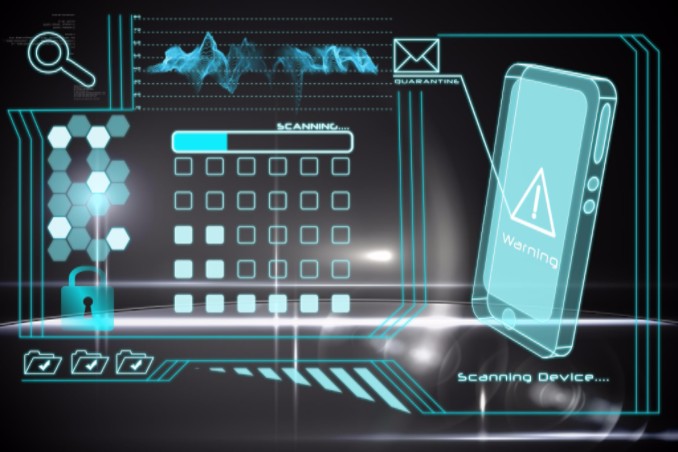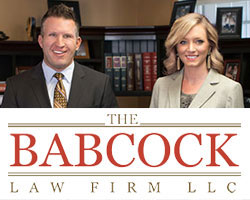Given that law firms often use personally identifiable information (PII) from their clients, it’s important that they have provisions in place to ensure this information is kept secure.
It is believed that as many as a quarter of law firms have been a victim of a data breach.
This information alone should be enough incentive to put a plan in place to protect the PII for which your law firm is accountable. Here are three of the simpler ways you can protect your firm:
Password Management
Even the best passwords can be cracked if poor password practices are in place. First and foremost, you should avoid writing your password down (especially on sticky notes placed in “hidden” locations). Other tips include:
- Login Security
Employ two-factor authentication, which involves using a second method of authentication. You can also use login tracking to notify you if someone tries to log into the system using your credentials.
- Password Strength
Only use secure and obscure passwords. Templates for such passwords often require including upper and lowercase letters, symbols and numbers and often suggest avoiding frequently used words. Complexity is your friend. You should also implement a plan to change passwords every quarter.
Cloud Services
Having a dedicated IT staff is sometimes out of the question—this is especially true of smaller firms. Therefore, employing a cloud service is the next best thing. Not only does storing sensitive documents on the cloud provide a safety net in case of a system failure, but it also takes the responsibility of security out of your hands.
Workstation Security
Above all, you should ensure that your workstation (how you physically perform your job) remains secure. Here are some ways to ensure its security:
- Antivirus
Having a functioning antivirus program is a no-brainer. Antivirus software goes far beyond simply keeping your computer free of viruses. It also checks for intruders, spyware, spam and malware.
- Updates
Be on the lookout for any software updates for your computer. This includes updates for your antivirus and your operating system. Companies release updates as they discover new ways that their products can be breached.
- User Account
Your user account should have a passcode access, which will limit the people who can access your data.
- Wi-Fi
If you’re working away from the office, be cautious of using Wi-Fi hotspots. These are often not secure and create an easy way for hackers or other malicious people to access your data.






